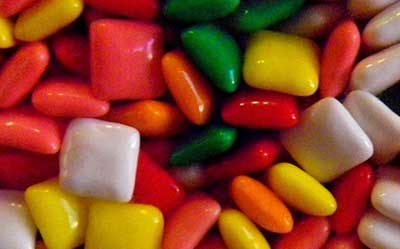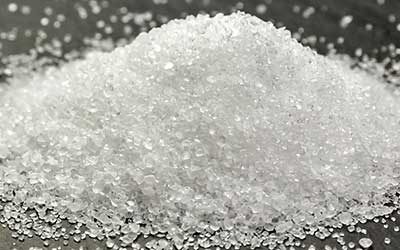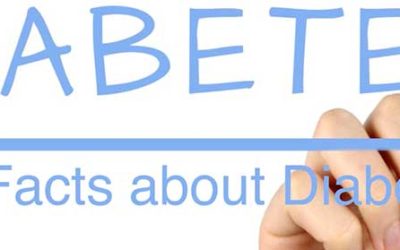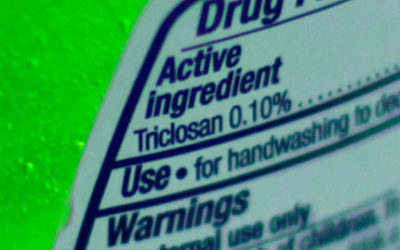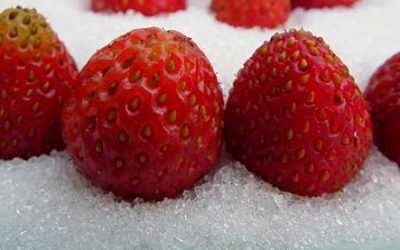The author this paper, H. Mehnert, is a German diabetologist who helped promote the use of implantable insulin pumps more than 40 years ago. He realized how much of a problem has come from our overuse of foods that contain sugars or, like processed wheat products, are easily and rapidly broken down to glucose, the sugar we all use for energy, but unfortunately, get way too much of. He looked at fructose, xylitol, and sorbitol as alternatives and came up recommending fructose because of the GI effects (diarrhea) caused by xylitol and sorbitol. As he pointed out this effect comes from their not being absorbed rapidly so they act to pull water into the GI tract where it softens the stools. It does go away with continued use.
His observations have been softened a lot by later studies showing the dangers of fructose in stimulating hunger and helping lead to our obesity epidemic. In view of this and its other benefits xylitol gains lots of credibility.
The first medical use of xylitol was for diabetics way back in the 1950s. It never really got off the ground then because fructose, in high-fructose corn syrup, was subsidized by the US government in their farm programs and soft drink manufacturers made such tasty products. And that much xylitol would wreak havoc with our GI tracts. But people are still looking. A recent study in South Africa with diabetic rats, for example, shows diabetic markers to normalize.
Internationale Zeitschrift für Vitamin- und Ernährungsforschung, 1976;15:295-324.
Abstract
The decreased glucose utilization in diabetes mellitus justifies the use of sugar substitutes (“diabetic sugar“) if two conditions are fulfilled: 1)The sugar substitute should be a carbohydrate which does not lead, or only to a slight degree, to hyperglycaemia and thus, in this respect, differs distinctly from sugars such as glucose and saccharose. 2) The sugar substitute must not cause undesired side-effects. The absorption, utilization and side-effects of the sugar substitutes fructose, sorbitol and xylitol were investigated. They were found to be more slowly absorbed than glucose and thus to offer the advantage of better utilization under conditions of limited insulin production. However, the particularly slow passive absorption of sorbitol and xylitol can sometimes be a disadvantage, since osmotic diarrhoea may occur after administration of high oral doses. The sugar substitutes enter the metabolism enzymatically and are utilized mainly in the liver. The peripheral state was investigated after intravenous, intraduodenal and oral administration of glucose and fructose to healthy subjects. Liver metabolism was examined (Dietze) by comparing hepatic venous and arterial concentrations after intravenous administration of the sugars. Also, diabetic patients received glucose and fructose orally. As previously demonstrated, the investigations using several techniques showed a smaller influence on blood glucose and serum insulin concentrations after administration of fructose, sorbitol and xylitol than after glucose. If no metabolic changes occur after intravenous administration of high doses, no such changes need be expected after oral administration of small doses. Nor did measurements in hepatic venous blood (Dietze) show any marked effect of fructose on the blood glucose level. The healthy subjects showed no significant changes in blood glucose or serum insulin concentration after either intraduodenal or oral administration of fructose, whereas they showed a considerable increase after glucose administration. Investigations in adult-type diabetics revealed a better utilization of fructose than glucose. With correct dosage, sugar substitutes are able to increase the carbohydrate tolerance and, under certain conditions, to achieve a relative stabilization of the metabolism of unstable diabetics. The antiketogenic activity of sugar substitutes is particularly pronounced. Side-effects such as high blood levels of urea, lactate, triglycerides and bilirubin or a decrease in hepatic adenin nucleotides do not occur after oral administration, nor are they of importance after intravenous administration with correct dosage. The osmotic diarrhoea occurring after intake of sorbitol or xylitol is caused by their slow absorption and limits the consumption of these sugar substitutes. In the often obese adult-type diabetics, the calorie intake inherent in the consumption of diabetic sugars may have an unfavourable influence on their weight.
Access further information on this study here at Pubmed.
Related Articles
Where to Buy Xylitol Gum?
How often do you chew gum? It’s a habit that a lot of people do multiple times a day. Chewing gum is often a stress reliever, and can help curb cravings. It’s also the perfect solution for after meals, leaving your mouth feeling and smelling...
Xylitol vs Stevia? What’s the Better Sugar Alternative?
A common question that's asked is, Xylitol vs Stevia? What should you choose for a sugar alternative? What is Stevia? Stevia comes from the Stevia rebaudiana plant, which is native to Paraguay, but can now be found around the world. The...
3 Desserts that Actually Help You Avoid the Dentist
Sugar Free Dessert Recipes That Can Help You Avoid the Dentist Just because you're living a sugar free lifestyle doesn't mean you have to ignore your sweet tooth and give up great tasting recipes. Find more scrumptious sugar free desserts and...
15 Facts About Diabetes
There are a lot of facts about diabetes, but you probably weren't aware of these 15. You might be wondering why a xylitol website is talking about diabetes. Well we support a healthy sugar free lifestyle, and encourage readers to choose...
Triclosan Banned From Soaps, But Not Toothpaste
In September, the Food and Drug Administration placed a ban on soaps and certain antibacterial chemicals which contain 19 different chemicals, one of them being triclosan. The FDA has given companies one year to remove the chemicals from their...
If Not Sugar, Then What? Your Best Sugar Alternatives
Given the new information about the sugar industry paying researchers to downplay the role sugar has in heart disease, finding sugar alternatives to sweeten our food with seems to be an important task. Finding an alternative to sugar isn’t...

